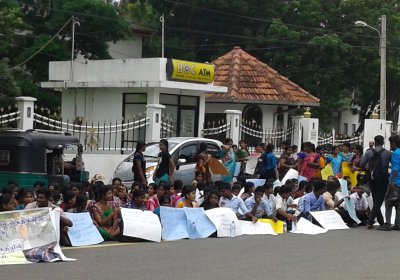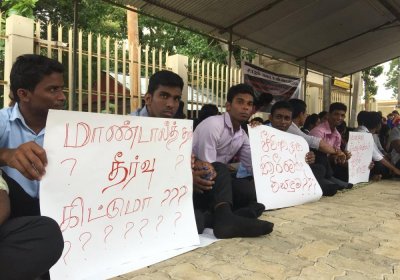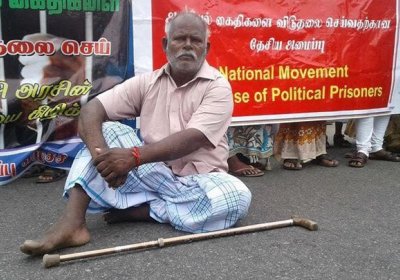The Tamil Refugee Council has again called on the Australian government to end the deportation of Tamil asylum seekers to Sri Lanka, after the United Nations found evidence of widespread torture in the country.
The report of Special Rapporteur Ben Emmerson, released on July 23 after his latest mission to Sri Lanka, concludes: “[I]mpunity is still the rule for those responsible for the routine and systemic use of torture, and countless individuals are the victims of gross miscarriages of justice resulting from the operation of the PTA [Prevention of Terrorism Act].










